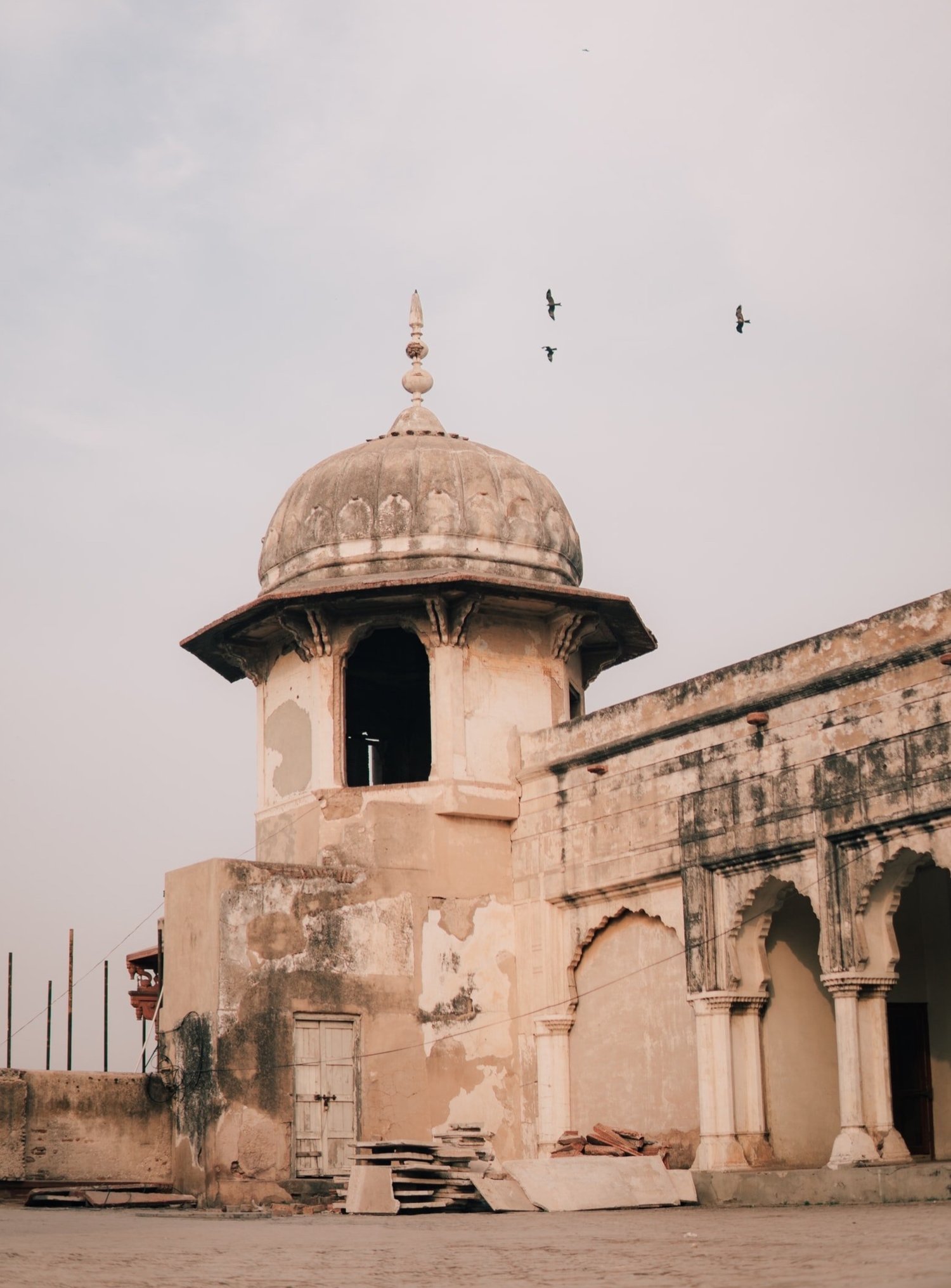A Socialist in Ramadan
Ramadan is a month of equality and collective action. It is a month of ritual. The usual order of things is overturned, and their permanent rearrangement can be contemplated. Ramadan is about changing the physical, the material, in order to develop the ideal. It is about cultivating a pious state. All of this reveals the radical potential of Ramadan, and reveals glimpses of the new world we can build.
Ramadan is a month of communal action, of charity, and heightened social awareness. It is a great act of collective levelling. Fasting is commanded in order to cultivate taqwa, and an understanding of tawhid. Tawhid, as the core concept of Islam, needs to permeate each area of Muslim life. A tawhidi society is one without class distinctions, without racism, or patriarchy. Ramadan, in focusing on taqwa and tawhid, must also prepare us for establishing the classless society.
The charity of Ramadan creates the conditions for solidarity. Opposing colonialism in Palestine, fighting poverty across the globe, addressing inequality in our neighbourhoods require a commitment to decolonise imperialist power and dismantle the global capitalist system.
Ramadan is ritual. Victor Turner wrote that rituals perform a radical social function. They are reimagined, collective events whereby the year’s order and classifications are temporarily suspended. They therefore create a liminal or ‘between’ phase when assumptions and logics can be questioned and reformulated. If collectivism, solidarity and tawhid can be practised during Ramadan, their logics can be extended into the rest of the year.
Ramadan, Foucault might add, is a form of spiritual technology. Saba Mahmood found that religious actions are undertaken to cultivate piety and change our inner states. The participation in collective and public acts of ritual transforms the self. Ramadan can be read as cultivating a revolutionary subjectivity. The outward changes the inward.
It starts here. It starts with a personal commitment to justice, a commitment to taking your place in the long tradition and heritage of prophetic revolution.
However, a socialist does not stop there, but instead moves from the individual to the collective. Collective action against injustice and oppression, collective solidarity with the oppressed. Moreover, it demands a commitment to removing the conditions that create oppression and injustice in the first place, a commitment to systemic change.
Finally, it ends with a global, ummah-wide commitment to decolonisation, anti-imperialism and international socialism.
Ramadan can be the month when spiritual resources are developed to take part in these struggles, but also where these struggles can be taken up – and where the solutions can be modelled – in mosques, neighbourhoods, and wider Muslim communities.
Ramadan could be the month where, within the sound of the adhan, not only does no-one go hungry, or go homeless, or suffer exploitation. But that the oppressive structures of capitalism, patriarchy and racism are systematically dismantled and radically altered.
Martyn Rush

